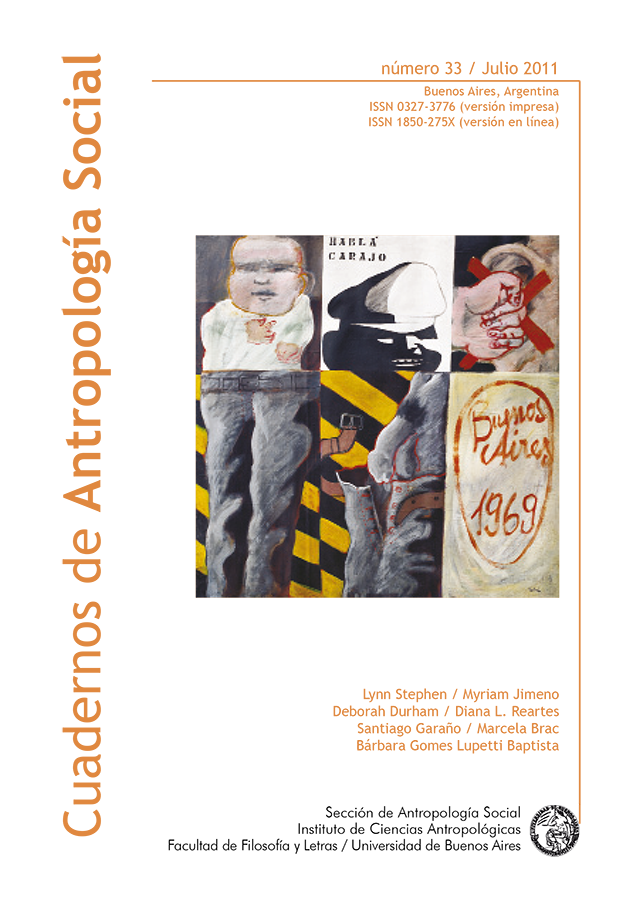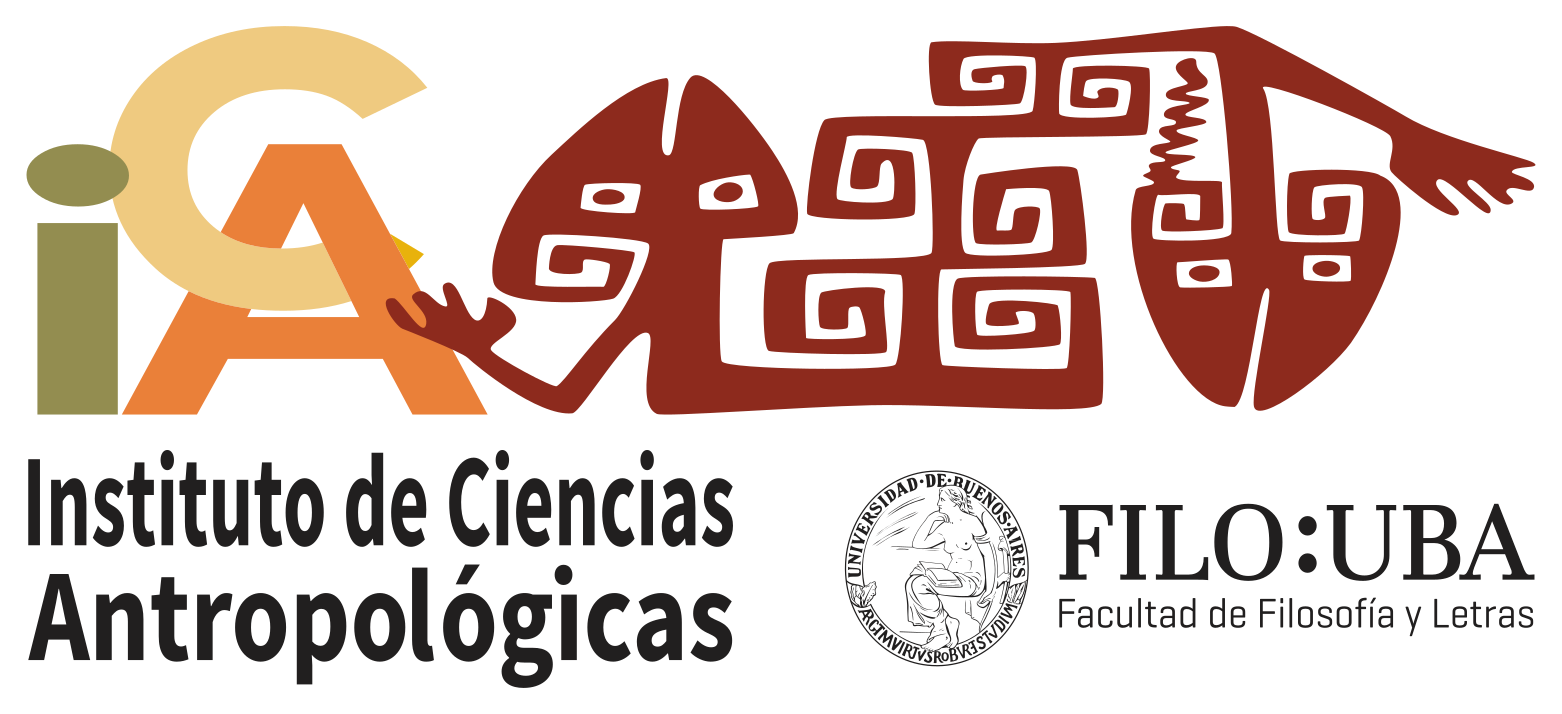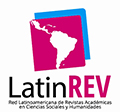After the massacre: Memory as historical knowledge
Abstract
Why recall experiences of violence? Why do we, as anthropologists, inquire about painful stories? Can ethnography foster personal and collective reconstruction in societies that have experienced traumatic events? From what point of view is memory of traumatic life events constructed, and how is the narrative of memory interwoven in games of power and subordination on the one hand, and counter hegemony and self-affirmation, on the other? These questions are addressed by reflecting on a massacre that took place in Colombia in 2001: the Naya massacre. The article explores the use of ethnography to understand the way in which a group of people affected by this event reconfigure the meaning of life and inscribe what happened in certain cognitive-emotional schemes. In this process, the anthropologist's inquiry is more than a means of recovering the past; it becomes part of the action of reconstruction itself, due to the relationship that is established between the anthropologist and the participants: a reciprocal social affective tie that is projected on to the social action of both.Downloads

Esta obra está bajo una Licencia Creative Commons Atribución 4.0 Internacional
Cuadernos de Antropología Social sostiene su compromiso con las políticas de Acceso Abierto a la información científica, al considerar que tanto las publicaciones científicas como las investigaciones financiadas con fondos públicos deben circular en Internet en forma libre, gratuita y sin restricciones.
Los contenidos y opiniones expresadas en los artículos publicados son de entera responsabilidad de sus autores.
Los autores/as que publiquen en esta revista aceptan las siguientes condiciones:
- Los autores/as conservan los derechos de autor y ceden a la revista el derecho de la primera publicación, bajo la licencia de atribución de Creative Commons, que permite a terceros utilizar lo publicado siempre que mencionen la autoría del trabajo y a la primera publicación en esta revista.
- Los autores/as pueden realizar otros acuerdos contractuales independientes y adicionales para la distribución no exclusiva de la versión del artículo publicado en esta revista (p. ej., incluirlo en un repositorio institucional o publicarlo en un libro) siempre que indiquen claramente que el trabajo se publicó por primera vez en esta revista.















